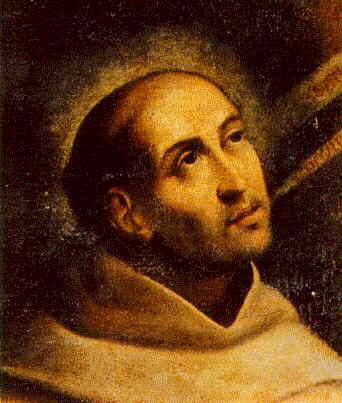
One of the authors I'm studying this year is Emily Dickinson. This is a mixed blessing, for while I fell in love with Emily's poems a couple of years ago—she is now one of my favourite poets—, studying them for the French "aggregation" feels like raping the text.
Below I've posted one of her poems that speaks to me the most, especially because of my current situation. The two last lines are interesting as they seem to encapsulate an idea central to postmodern/Emerging Christianity.
Some keep the Sabbath going to the Church –
I keep it, staying at Home –
With a Bobolink for a Chorister –
And an Orchard, for a Dome –
Some keep the Sabbath in Surplice –
I just wear my Wings –
And instead of tolling the Bell, for Church,
Our little Sexton – sings.
God preaches, a noted Clergyman –
And the sermon is never long,
So instead of getting to Heaven, at last –
I'm going, all along.




Emerald Champagne
Currently reading...
Labels
Blog Archive